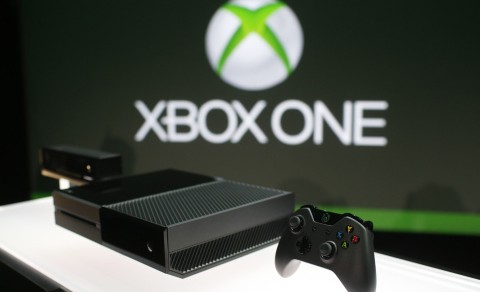Biometric gaming: Marketing friend or ID security foe?
06 November, 2013
category: Biometrics
As the holiday season draws closer, so too does the next generation of gaming consoles. Sony’s PlayStation 4 and Microsoft’s Xbox One – the latter of which has come under considerable scrutiny – will spearhead this latest gaming revolution, but it’s the inclusion of biometrics that has evoked concerns over gamer privacy.
Microsoft’s PR nightmare following the E3 gaming conference confirmed that the mainstream public remains skeptical of biometrics technology, especially when it is used for authentication and identity verification. Adding insult to injury, Microsoft made its Kinect device – the component of the system that supports both facial recognition and heart rate monitoring – a mandatory accessory in the use of the Xbox One.
Cue public outrage.
In the time since Xbox One’s summer reveal, Microsoft has reeled in its initial policies regarding Kinect, releasing comprehensive explanations as to what the biometric components of the device will be used for. Marketing is an obvious utility for Kinect, as the ability to recognize and monitor gamers can yield valuable data that can then be used to deliver tailored ads to the consumer.
A reported by CVG, however, the latest twist in the Xbox One saga reveals that the Kinect’s facial recognition software measures the layout and length of facial features, calculates the data into a number and uses that number to identify the user. Microsoft has since insisted that these facial ID numbers reside locally – and exclusively – on the user’s Xbox One, and are subsequently deleted as soon as the gaming session ends and the console is powered down.
Microsoft has released a detailed statement regarding the Xbox One’s privacy policies, and claims that this unique number – even when in the hands of government officials – could not be used to retroactively construct an image of the user’s face. The tech giant is adamant that Federal and state agencies cannot use Kinect data to obtain images of players, but in an NSA-wary society Microsoft simply cannot afford to mislead its customer base a second time.
Sony, who also supports the use of facial recognition on the forthcoming PlayStation 4, has taken a much more conservative stance on biometrics. The PlayStation 4’s biometric-enabled camera is an optional add-on to the console and will be sold separately, giving gamers the freedom to forgo the biometric gaming experience altogether.
In the meantime, Microsoft and Xbox loyalists will have to get used to the idea of the Kinect, which will ship with every Xbox One console. Whether Microsoft’s use of biometric capture is purely a marketing tool, or something more sinister remains to be seen. Either way, the company’s new Xbox One privacy policy is certainly worth a read.



